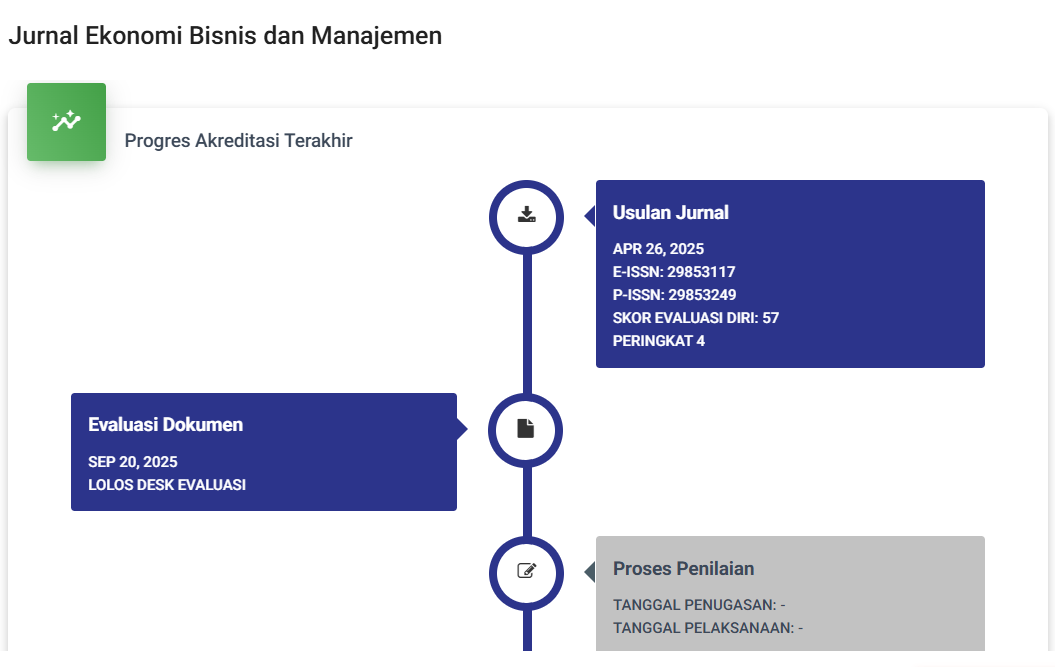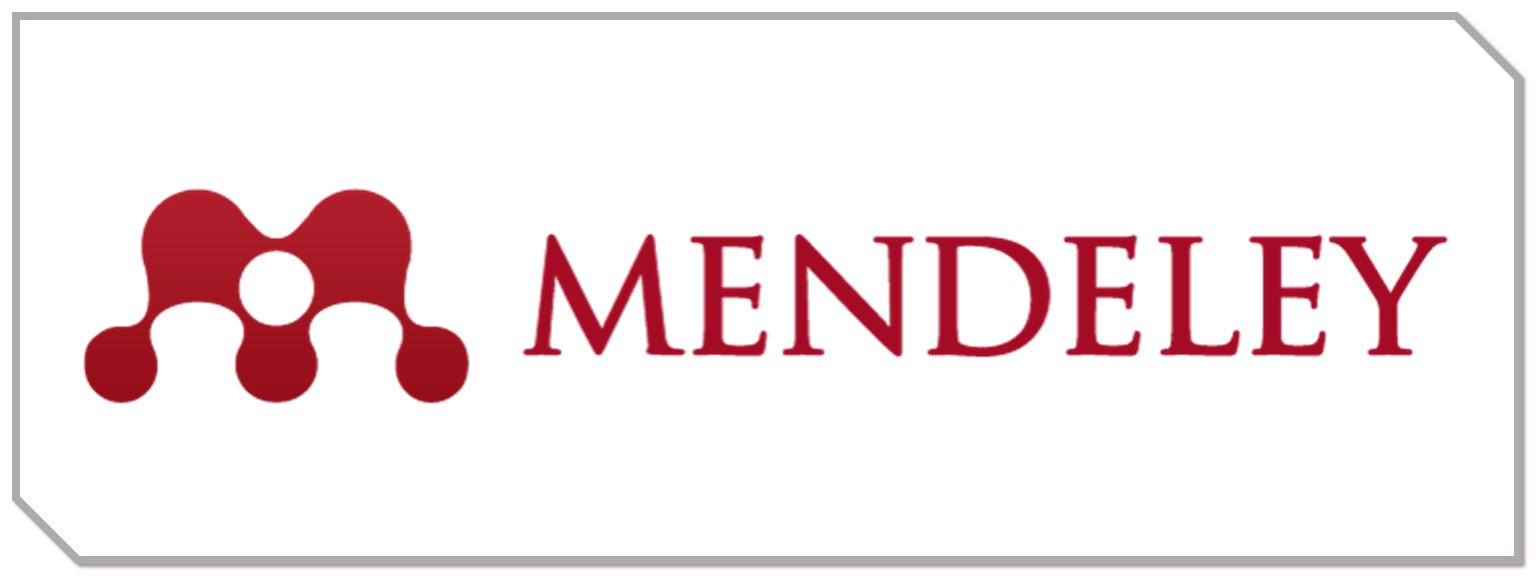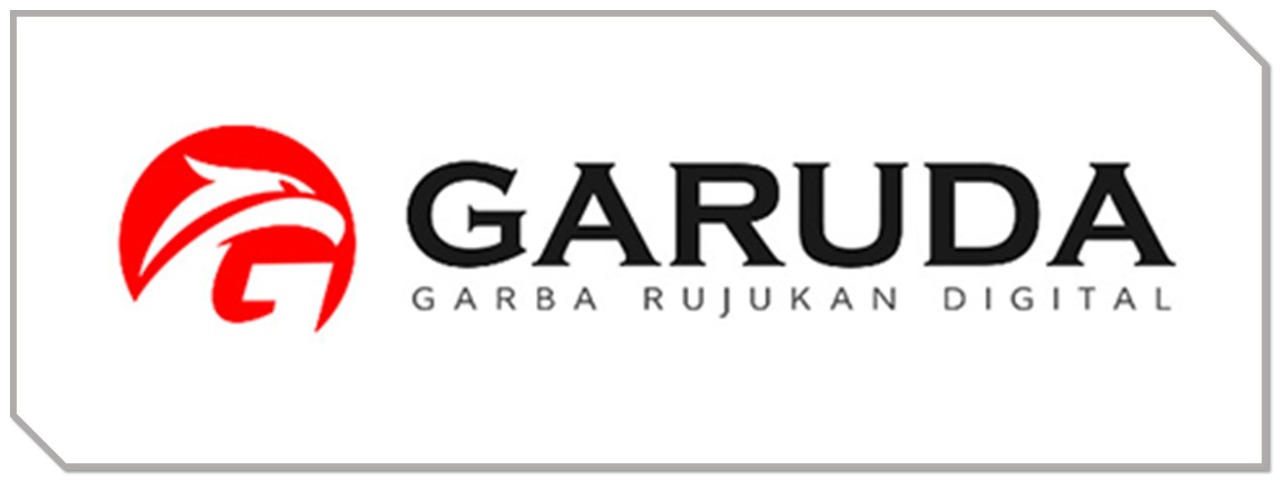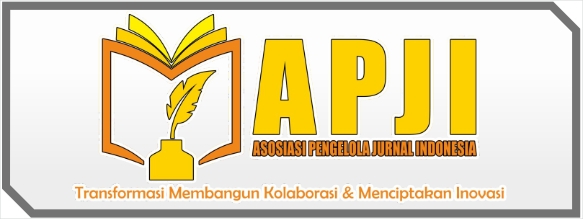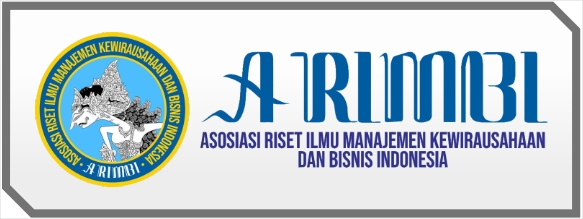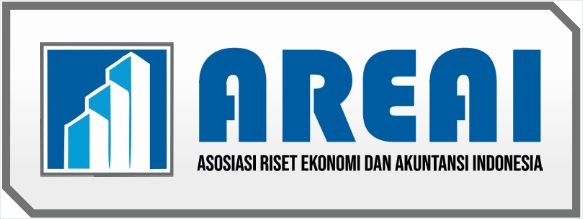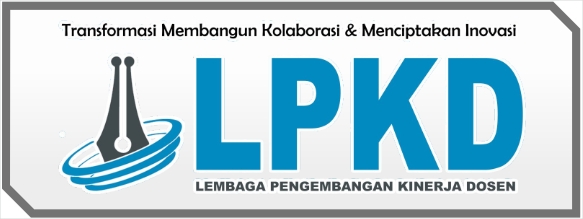Makna Konsep Uang dan Permasalahan Riba serta Bunga Dalam Kacamata Makroekonomi Islam
DOI:
https://doi.org/10.59024/jise.v2i1.560Keywords:
Money, Islamic Macroeconomic, Economic, InterestAbstract
In the early days, before the creation of money, economic activities or business transactions were carried out through barter or commonly called barter trade. In the exchange process, goods and services were exchanged directly with other goods and services that were mutually needed by the parties involved. At the macro level itself, the parties involved in the production of goods and services can easily and smoothly exchange goods and services by using money as an intermediary. Meanwhile, the domestic sector that receives income in the form of money uses the money to buy goods and services produced by the commercial and manufacturing sectors. It is the changes in these cash flows that cause changes in prices and/or production quantities, for example. It also affects saving behavior, investment and the business cycle. The method in this study is to use a type of qualitative descriptive research. The purpose of this study is to understand and explore the concept of money in Islamic macroeconomics that does not contradict Islamic law.
Downloads
Published
How to Cite
Issue
Section
License
Copyright (c) 2023 Hilda Adistya, Mathraf az-zanji, Mila Minkhatul Maula, Muhammad Taufiq Abadi

This work is licensed under a Creative Commons Attribution-ShareAlike 4.0 International License.


